Lapid meets Egyptian foreign minister to push forward negotiations with Hamas
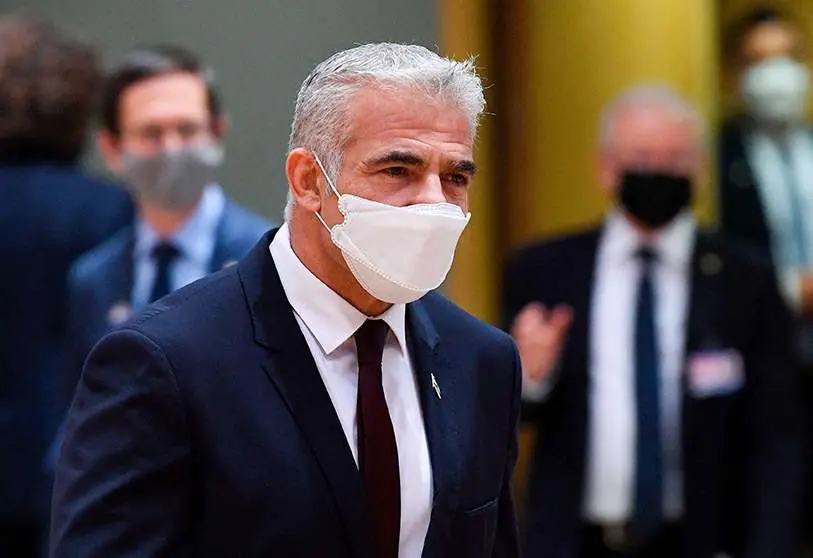
Israel's new government, a union of up to nine different political groups that ousted Benjamin Netanyahu from power after 12 uninterrupted years in office, is beginning to grease its foreign policy machine with one priority objective: to strengthen its ties with the Arab states and consolidate the legacy of the Abraham Accords.
Israel's foreign minister for the next two years, Yair Lapid, met with his Egyptian counterpart, Sameh Shouky, in Brussels on Sunday. The meeting was the first direct contact between the two countries since the coalition took office.
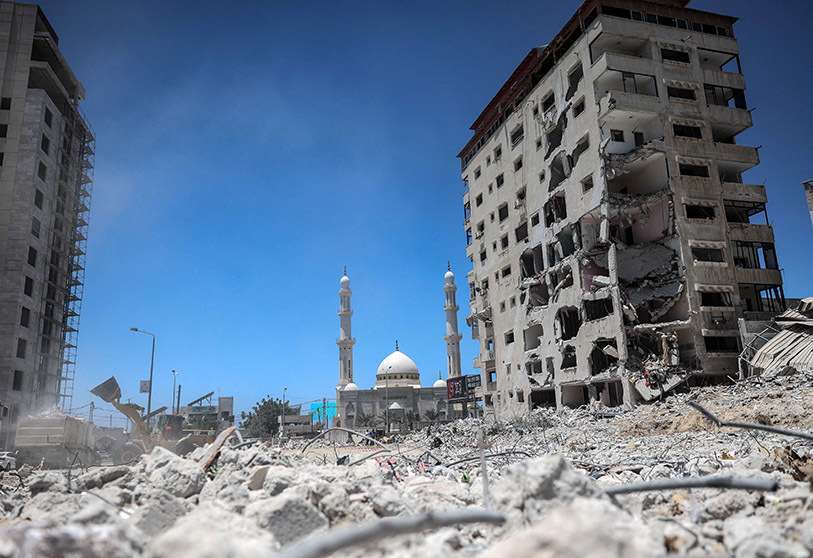
The terms of the conversation were framed in the context of the current situation in the Gaza Strip, according to both delegations. The meeting lasted an hour and covered issues such as humanitarian aid and the incidence of the terrorist threat in the area.
The main topic, however, was the ceasefire negotiations between Israel and Hamas, a negotiation that involves Egypt as the main mediator. In this framework, Minister Lapid seeks to secure the release of the two Israeli citizens and the bodies of two soldiers held in Gaza by Hamas since the 2014 conflict.
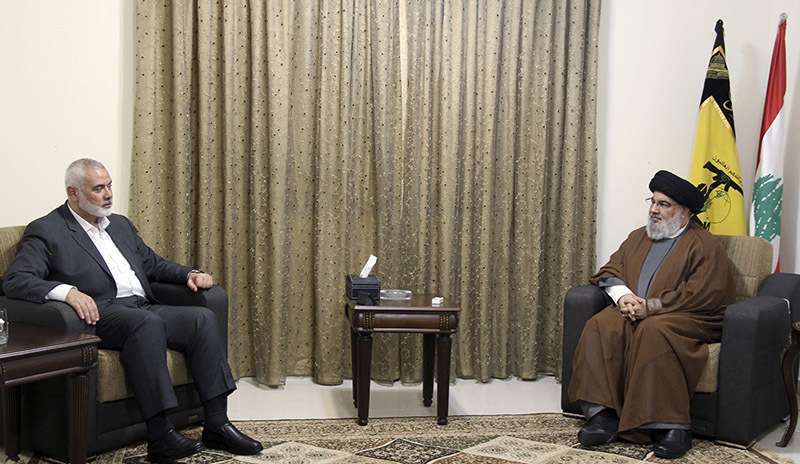
Another of Israel's objectives is to prevent the Islamic Resistance Movement from seizing humanitarian funds destined for the Strip and using them for military purposes. To this end, Israel is demanding the intervention of a new international monitoring mechanism, such as the UN, to oversee the transit of funds.
In this regard, Hamas is exerting strong pressure on Qatar to resume payments of $30 million used by the organisation to support Gazan families affected by last May's attacks.
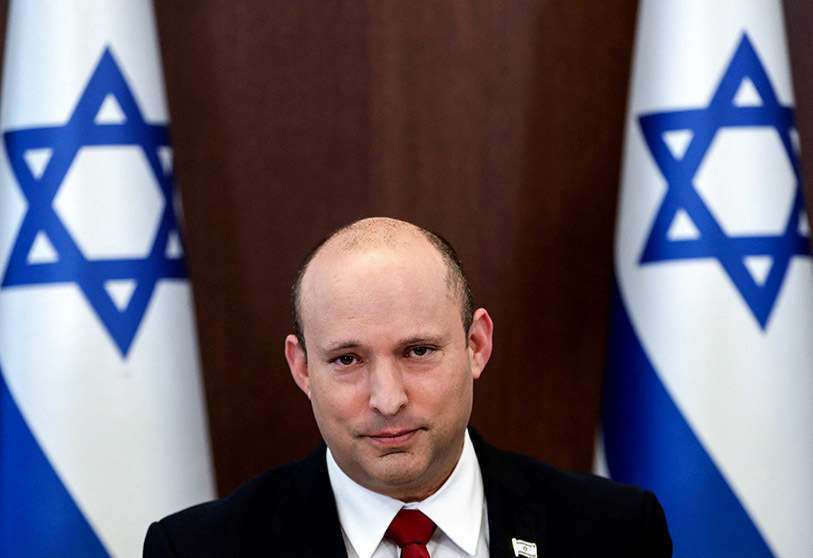
Egyptian Foreign Minister Sameh Shoukry stressed during the talks "the need to resolve the current stalemate between the Palestinian and Israeli sides, leading to a just and comprehensive peace negotiation," according to Foreign Ministry spokesman Ahmed Hafez.
Shoukry's words are part of Egyptian diplomacy's mediation efforts in the Israeli-Palestinian conflict. Cairo has acted as a counterweight between Israel and Hamas since the outbreak of the conflict in May, seeking to push for a final ceasefire agreement that would reduce tension and protect the inhabitants of the area.
Since the 1979 peace treaty, Egypt and Israel have become key strategic partners in the region. Experts call their relationship a 'cold peace', yet Egypt is trying to establish itself as a major player in the resolution of the Israeli-Palestinian conflict. Cairo's cooperation with the Jewish state is mainly in the areas of defence and intelligence.
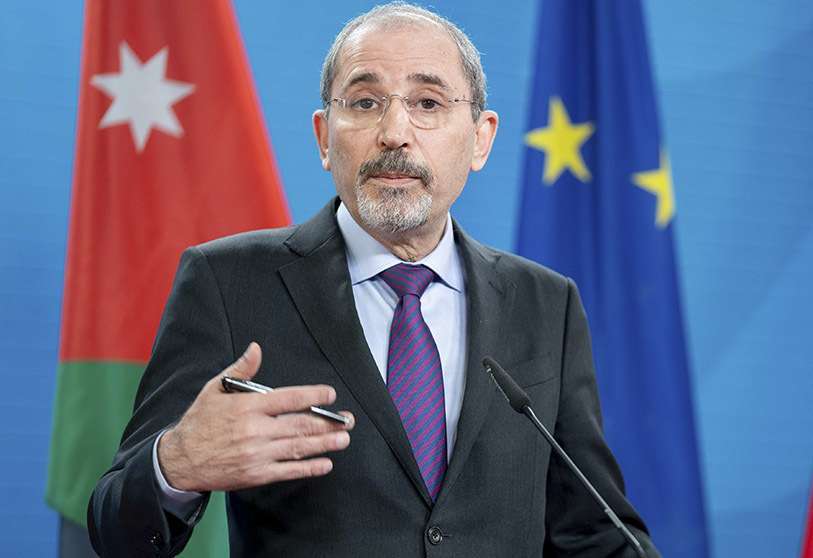
In June, Natfali Bennett had a telephone conversation with Egyptian President Abdel Fattah al-Sisi in which they agreed to strengthen their relations. The Egyptian president congratulated Bennett on the formation of the new government before moving on to discuss regional issues, with a focus on the Palestinian Authority-administered areas.
Egypt does not face the challenge alone, but has the backing of Jordan. The new Israeli prime minister met in pectore with King Abdullah II in Amman, bringing the two sides closer together after years of tensions under Netanyahu, as their respective delegations concluded a series of economic agreements.
In 1994, Israel and Jordan formally signed a peace agreement and have worked together on security issues. However, tensions over the Al-Aqsa mosque - Islam's third holiest site - and settlement expansion strained relations between the two countries, hence the importance of the meeting.
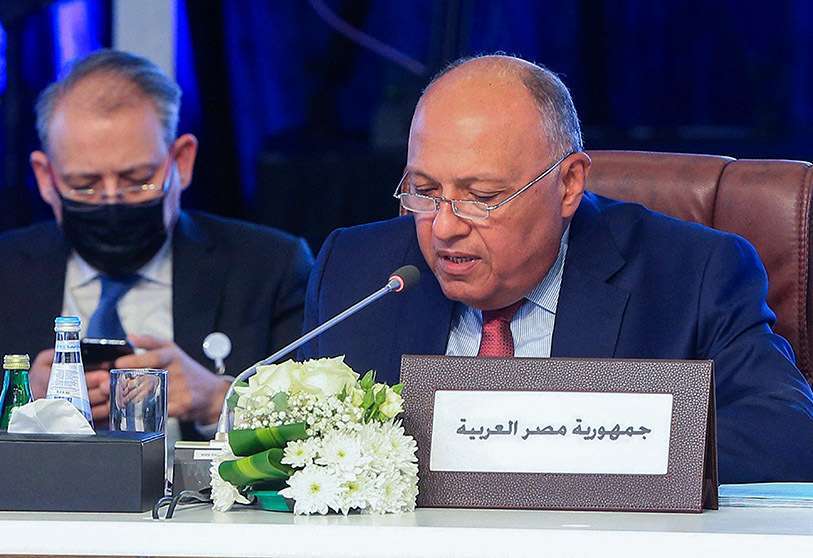
The terms of the meeting were positive, and they agreed to open a "new page" in their bilateral relations. Meanwhile, Lapid met with Jordanian Foreign Minister Ayman Safadi on Thursday to secure the Hashemite kingdom's backing.
Safadi was harsh. The Jordanian foreign minister called for a two-state solution to the Israeli-Palestinian conflict and demanded that Israel stop taking "illegal" actions. Yair Lapid tried to smooth things over, acknowledging Jordan as an "important neighbour and partner", before declaring that Israel would work to strengthen ties and expand economic cooperation with its neighbour.








